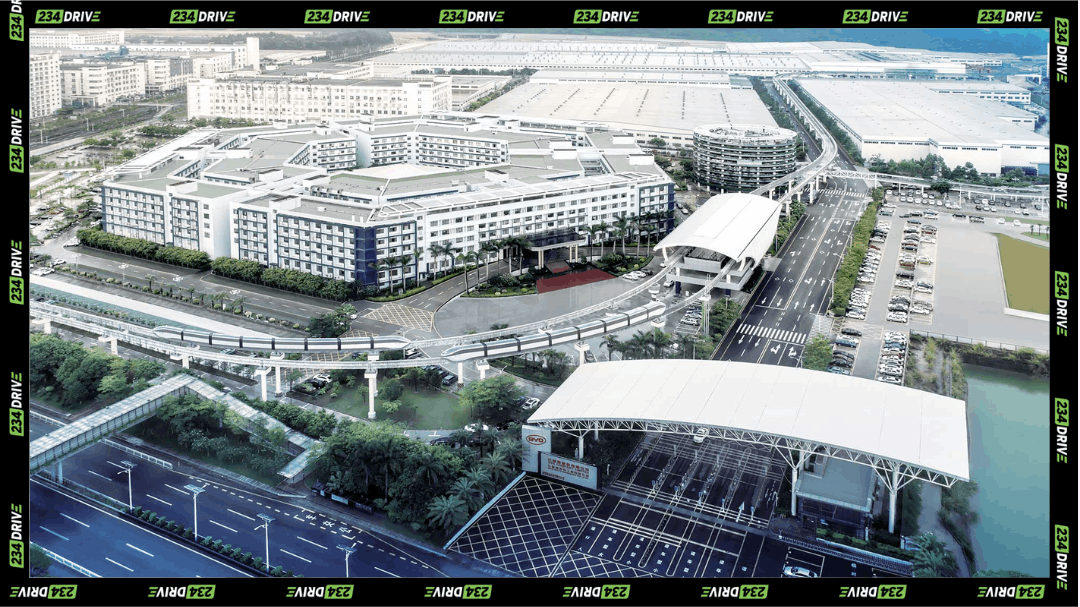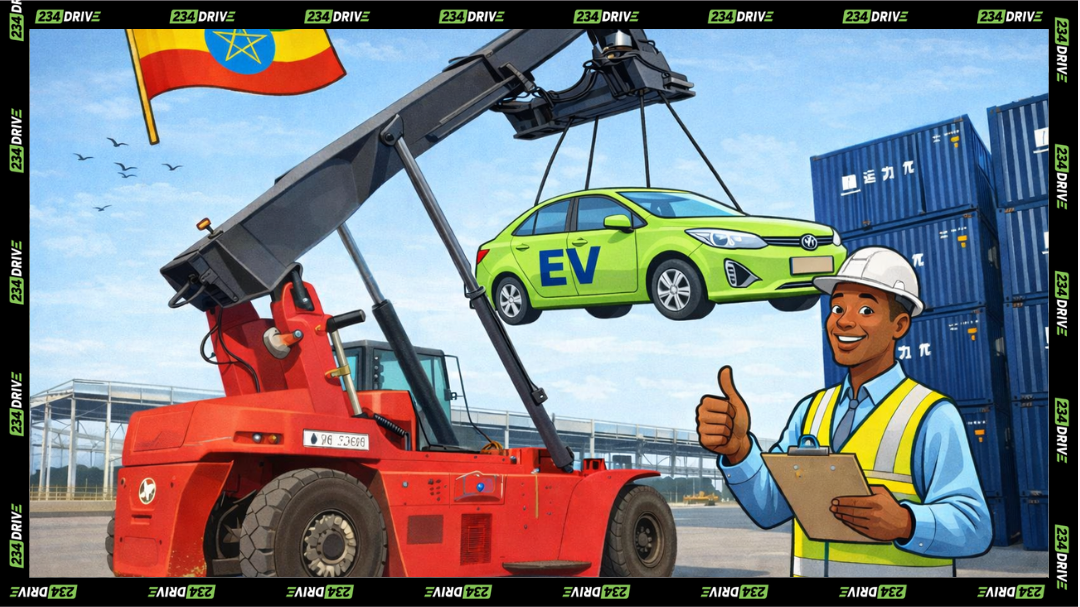Nigeria’s electric vehicle (EV) transition just took a major leap forward. The National Open University of Nigeria (NOUN) has rolled out Course 2 of its Certificate in Electric Vehicle and Auto Diagnostics, a 3-month technical program designed to close the skills gap in EV maintenance. Partnering with Auto Clinic Center in Abuja, NOUN aims to create a new generation of certified EV technicians ready for Nigeria’s growing e-mobility sector.
The program, launched on 8th November, 2025, costs ₦60,000 and blends online theory with practical sessions and internships across the country. It’s open to both graduates and non-graduates with at least an O’Level qualification, marking one of the few professional pathways into EV diagnostics and repair in West Africa. Vice-Chancellor Professor Olufemi Peters, represented by Deputy Vice-Chancellor Professor Christine Ofulue, described the collaboration as a strategic move to tackle unemployment while preparing Nigerians for the global EV shift. Two vehicles, a two-wheeler and a three-wheeler were donated by partners to support hands-on training, alongside plans for charging stations across the six geopolitical zones.
Participants will gain practical knowledge in key areas like wiring, diagnostics, battery systems, driver assistance technologies, and GPS tracking. The course doesn’t just train mechanics; it builds entrepreneurs. Modules also cover business development, giving students the tools to start and scale auto-tech ventures. Upon completion, graduates earn a joint certificate from NOUN and Auto Clinic, plus internship placements for real-world industry exposure.

Applications are still open on NOUN’s and Auto Clinic’s websites, with limited slots available. Applicants only need an O’Level certificate, basic literacy, a device for e-learning, and a genuine interest in automotive technology. The flexible scheduled weekday and weekend options cater to working professionals and new entrants alike.
The initiative lands at a crucial time. Nigeria now has an estimated 15,000 to 20,000 EVs on its roads as of early 2025, roughly 0.5–1% of the total vehicle fleet. Growth is being fuelled by government tax incentives, rising petrol prices, and local assembly by firms like NEV Electric and Spiro. With the EV market projected to grow at a 6.8% CAGR through 2031, the country’s commitment to 100% zero-emission sales by 2040 is no longer just policy talk, it’s moving into execution.
Still, infrastructure gaps remain. Charging stations are scarce, EV parts are expensive, and few technicians are qualified to handle advanced systems. NOUN’s course directly addresses this challenge. By standardising EV diagnostics training, it reduces quack repairs and enhances safety across the industry. As Auto Clinic CEO Nathaniel Okwesiri noted during the launch, the goal isn’t just to fix cars, it’s to build a skilled workforce that sustains Nigeria’s green economy.
This program joins other government and private efforts, such as the Federal Government’s Ikorodu EV training hub (opened in August 2025) and the Senate’s Electric Vehicle Transition Bill. Together, they form the backbone of Nigeria’s e-mobility agenda, signalling a clear pivot toward clean transportation and local job creation.
Program Structure and Curriculum
The 3‑month (12‑week) program combines online lessons with practical workshops and project work, blending classroom theory with hands‑on application. Classes run on both weekdays and weekends at centres nationwide, allowing students to balance learning with other commitments.
The curriculum is divided into six modules:
• Car Electrical Systems – wiring, charging, and starting systems.
• Auto Diagnostics Systems – advanced tools for identifying and solving complex vehicle issues.
• Autotronics & Electric Vehicles – EV mechanics, batteries, and control systems.
• GPS & Tracking Systems – real‑time vehicle monitoring and tracking.
• Advanced Driver Assistance Systems (ADAS) – automated braking, lane assist, and driver‑safety tech.
• Basic Entrepreneurship Skills – starting and running a profitable automotive business.
In a country where EV adoption once seemed distant, NOUN’s initiative proves education can be the bridge between ambition and execution. The university isn’t just teaching mechanics, it’s powering a movement toward sustainable mobility in Africa’s biggest economy.









